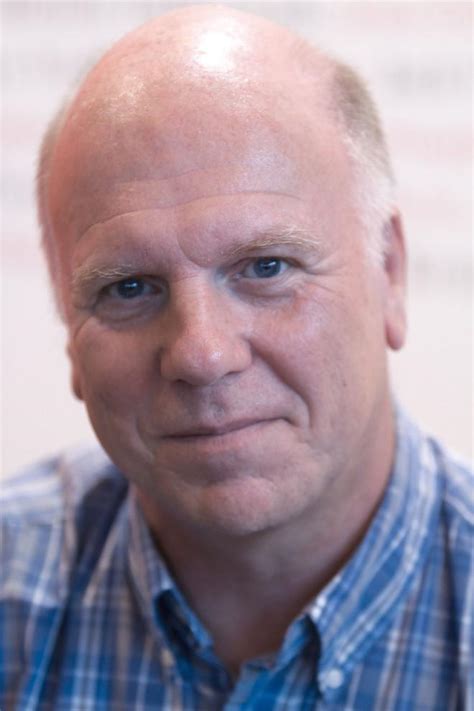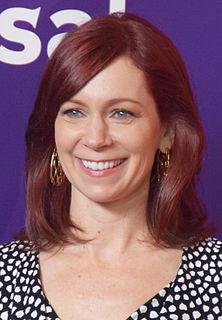A Quote by John Kleinig
My view of ethics and of its priority is connected to my view that we are fundamentally relational beings - both the product of human interactions, as well as committed as part of the expression of our own humanity to various social involvements. I see ethics as having two places in the maintenance of these relational activities - first as providing the basic coinage of our interactions qua humans and second as mediating the various roles we assume as humans.
Related Quotes
It has been an obsession of human beings to create a hierarchy that places the human species on top and lumps all the "other animals" together beneath us. The resulting "speciesism" allows us to look upon animals as less deserving of all manner of rights and considerations than humans. To support this lower status, humans have argued that animals act instinctually; don't have souls; don't feel physical pain like we do; and lack self-consciousness, cognitive intelligence, emotional feelings, morality, and ethics.
The core of ethics runs deep in our species and is common to human beings everywhere. It survives the most appalling hardships and the most ruthless attempts to deprive human beings of their humanity. Nevertheless, some people resist the idea that his core has a biological basis which we have inherited from our pre-human ancestors.




























